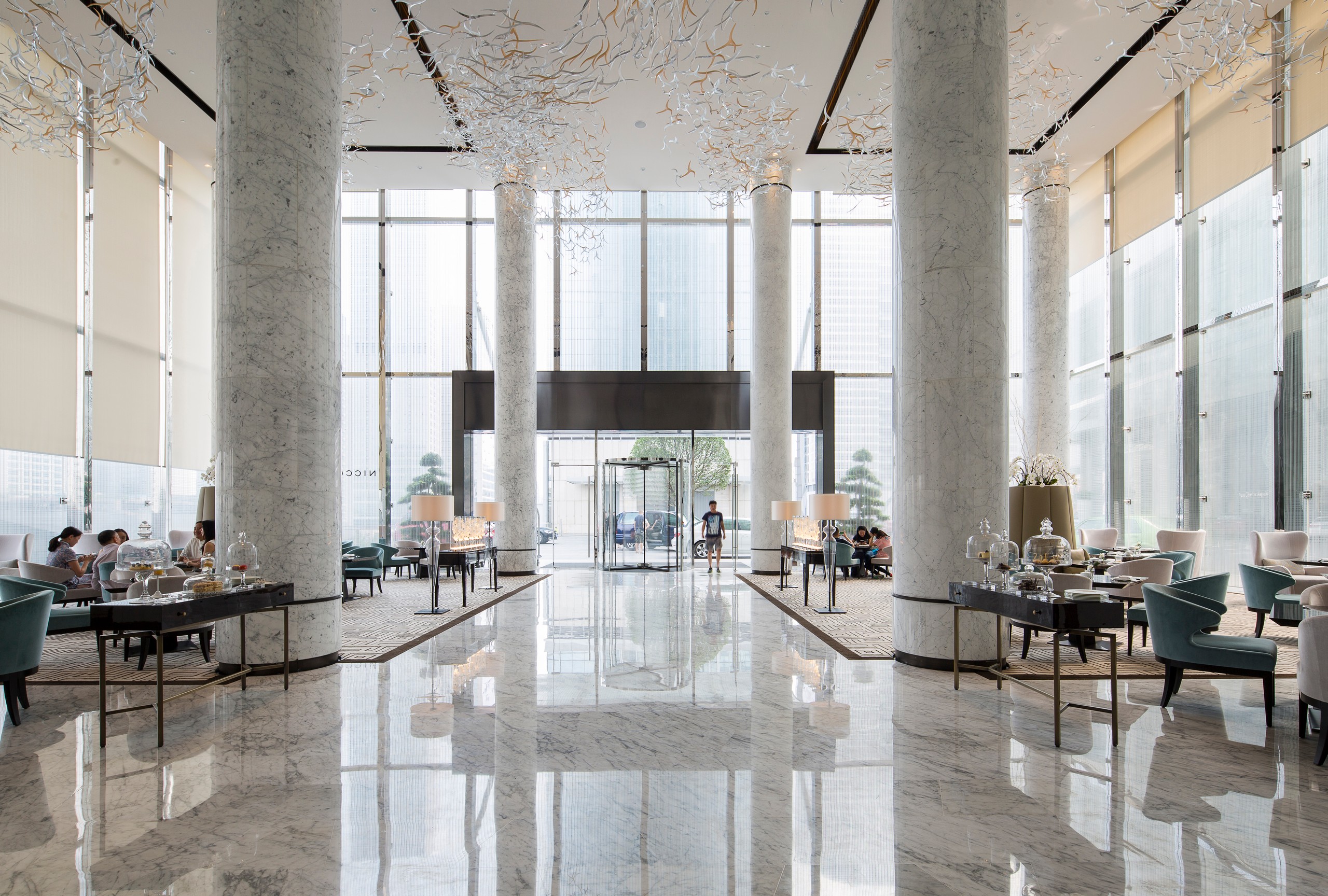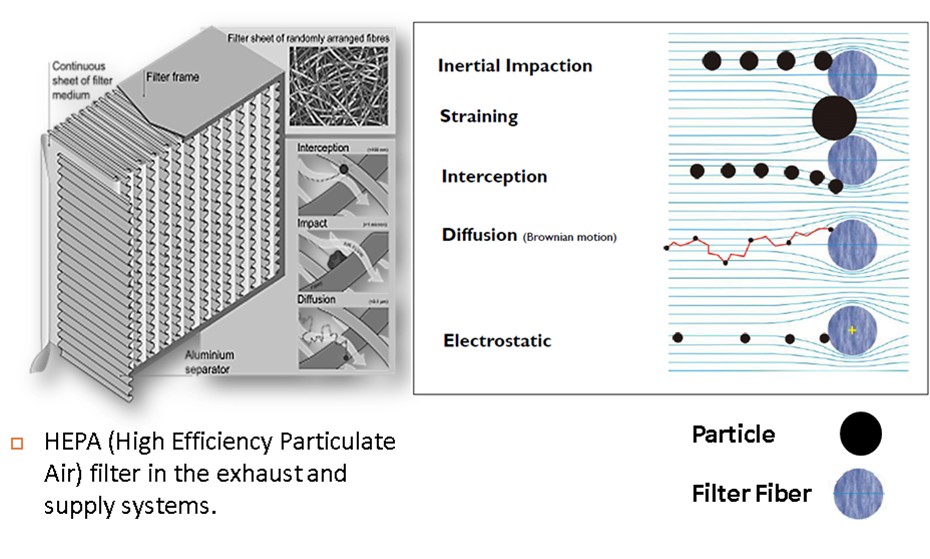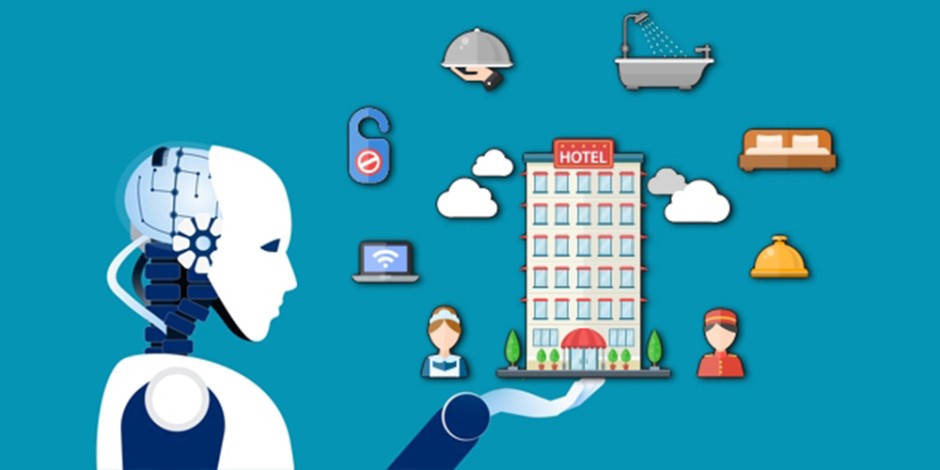The tourism sector across the MENA region and Dubai in particular have been facing bleak prospects in the wake of the Coronavirus pandemic as a result of strict global travel restrictions to help contain the virus. While the impact of the lockdown measures in some nations has been somewhat moderated by the use of hotels as controlled quarantine facilities for inbound travellers and as front line aid worker accommodation, this commentator believes there are however significant opportunities, short and long term, that hotel owners, operators and developers to review in better positioning themselves to ride out these critical times.

Gazing into the Crystal-Ball
With a gradual drop in new COVID-19 cases across the Region, the hospitality sector is peering into a metaphorical ‘crystal-ball’ to glean what the coming months might hold for the future of existing assets and proposed developments. Restrictive international travel measures are likely to remain for several months, once lifted, international airline prices may well increase to accommodate social distancing requirements, imposing less seating capacity; travel insurance costs and conditions may also impact on the ability of people able to travel, be it for business or pleasure, long haul or city break.
Inevitably, due to travel restrictions internationally, local tourism will be the first segment to rebound, we have already witnessed a surge in local and interstate leisure and business travel resulting from pent up demand arising from desire for respite from isolation, we are seeing a rise of ‘package deals’ in the UAE market, Dubai in particular, including very attractive offers combining accommodation and F&B. It is likely that we will see an increased demand for varying levels of accommodation, ranging from affordable family-focused resorts, to downtown urban-city hotels for business travellers, to luxury leisure properties, and everything in between. The significant drop in oil prices making your litre of fuel significantly cheaper recently may further boost domestic travel.
It is likely that demand for refurbishment will see renewed interest from operators seeking to attract repeat visits from local tourists. Similarly, refurbishing properties which may have been utilised for quarantine purposes may see increased popularity to help off-set the potential reputational risks.

Small Steps – Giant Leaps
A hotel design doesn’t need to be significantly impacted in order to accommodate an immediate response to disasters such as the pandemic as we are seeing from many different parts of the globe; they are already equipped with most essential facilities including established single point of ingress and egress, ridged cleaning regimes, centralised telecommunications systems linking each room, large open plan conference or banquet rooms that can be set up as emergency response facilities, sanitary controlled commercial kitchens and regimented waste management regimes.
Minimal actions such as overtly highlighting health, safety and wellness matters in patrons minds and minimising physical touchpoints, will have a considerable phycological impact on guests perceived and actual safety in these environments, in our tech savvy world, engaging smartphones for operating room entry, lighting, audio visual equipment, blinds, air conditioning and even lifts is no longer difficult.
Various countries are already using Digital Apps to aid in identifying and monitor the condition of users’ health before granting entry into buildings; we gradually seeing this technology implemented across the MENA region which could then accessed by hotel operators during guests check-in process.
It is to be noted that the above should be in addition to direct financial support at governmental level into bolstering the hospitality industry, which is largely lacking regionally across MENA, despite statements to the contrary and could well have long term and significant implications for these economy’s where tourism is a key driver. Governments globally are conscious that the full burden cannot fall solely upon owners and operators, the implications of doing so are clear and stark.
Risk & Reward – Brand & Reputation
While providing immediate support is important from a financial and corporate social responsibility perspective, operators would be negligent in not considering the impacts, positive and negative, of being associated with the pandemic may have brand perception. Research around this subject indicates that tourists and business travellers in the future may be hesitant to make reservations at properties which were used for quarantine purposes during the pandemic.
In the same vein, we are uncertain of the impact that negative media from guests ‘detained’ in their hotel rooms during the required 14-day quarantine period might have on hotels’ financial performance post-pandemic. A medical grade clean might be sufficient in terms of meeting government ‘health & safety’ requirements yet may not be enough to cleanse negative press or perceptions from the minds of future patrons. It may perhaps be inevitable that more palpable changes as refurbishment may be a route that owners and operators will have to embark upon.
Abiding Solutions
In all of this, the common factor is a hotel’s people, changes are being and will continue be reviewed in future hotel design and operational functionality to ensure that such health risks to hotel staff are minimised; creating better provision of staff areas and reviewing staff exposure is as critical as that of guests. One option could be providing staff with in-house accommodation on rotation, minimising exposure and on a financial note, thereby reducing staff accommodation and transport cost on owners/operators in the MENA region, which can be significant.
All hotels, existing or planned are completely reliant on artificial ventilation, newer properties may have advanced HEPA (high efficiency particulate air) filtration systems, while older ones may need retro-fitting, yet all hotels may need to address the requirement for natural ventilation through façades by introducing windows in sealed glazed curtain walls. Allowing for natural ventilation will provide guests with a much-needed respite from their main room.

Metamorphosis of The Experience
As domestic and international travel restrictions are relaxed, owners and operators must evolve to become nimbler, adapt to the changing conditions that eventually result from this global experience. We may see some travellers developing an aversion to tradition and seek psychological comfort through the maintenance of distance; while others will revert to type and may crave opportunities to connect, socialise and engage.
There have already been spate of recent breaches of mandatory social distancing requirements in venues around the globe, Tokyo to Seoul and Beijing to Dubai, leading to a spike in localised infections, we will see more of this until properties, their owners and operators take seriously the need to adapt or face fines and prolonged closure, perhaps even prosecution.
It is however highly likely that in the most forward thinking organisations and properties will adapt, we expect an increase in ‘Health & Wellness’ focused facilities driven by guests’ hyper-awareness of the importance of ‘Physical & Psychological’ wellbeing, with some hotels are already beginning to implement such approaches, we anticipate significant shifts in hospitality models which will go much beyond the traditional offers we see today.
We believe hotels with an emphasis on sustainability are likely to experience a significant increase in demand due to a ‘Less is More’ model, which positions symbiotically alongside Wellness strategies. To compliment this, we anticipate an increase in popularity for services and facilities such as cooking and nutrition classes, individual health pools, meditation pods and virtual yoga/exercise sessions based on regionally contextuality to draw-in and accommodate the wellness conscious traveller with local flavour and colour.
Technology will play a major role in underpinning many of the changes we are likely to witness, an increase in Artificial Intelligence and Big Data collection will help brands, operators and hotel owners to tailor these wellness strategies to their guests’ personal and individual needs.

Charting a Different Course
Whether the governments regionally will provide financial subsidies for owners and operators willing to refurbish or even develop new accommodation to meet the ‘new’ hotel accommodation needs of our communities is yet to be seen. Certainly, in Dubai, if the current portfolio of hotels is no longer as profitable, we will certainly see some being diversified or repurposed completely, which will have deep implications for the strongly rooted tourism-based economy.
Adapting sections of the hotel into apartments is one potential option that owners may wish to investigate to help create a variegated and feasible income within their broader portfolio. Many properties are located in desirable locations and offer the potential of cross-over amenity and leisure offers not normally associated with traditional residential developments.
Alternatively, for those properties in less prominent addresses, repurposing the accommodation into affordable or first responder developments is a potential that owners may choose to explore. Hotel developments offer the opportunity to alter the room design relatively simply, with existing facilities repurposed to community focused facilities, this poses a strong offer as many hotels are connected to large precincts and transportation nodes.

Sentiment or Prediction – Better Days Ahead
While there is no question that the hotel and hospitality sector has been one of most immediate and hardest hit of sectors as a result of the pandemic, the immediate response of accommodation providers has proven that their business is of critical importance to the short and long term future of our region and globally.
Whether hotels are repurposed for providing temporary workplaces following a natural disaster, quarantine facilities or front line emergency worker accommodation, for those owners, operators and brands with the agility to pivot and the desire to survive and succeed, there are ample opportunities for hotels to reimagine their offering above and beyond the standard business and leisure travel model to better position their assets now and perhaps more importantly for the future, as it is inevitable that COVID-19 is a precursor to further such challenges in this already ‘disrupted’ century.
Yet, let us remain positive, despite the current challenges, history has proven that the tourism sector perhaps more than all sectors is resilient and has the ability to rebound even stronger and with greater imagination than ever before, we at LWK + PARTNERS are working with a passion to seeing this and being an active participant in the recovery of this most diverse of sectors.






